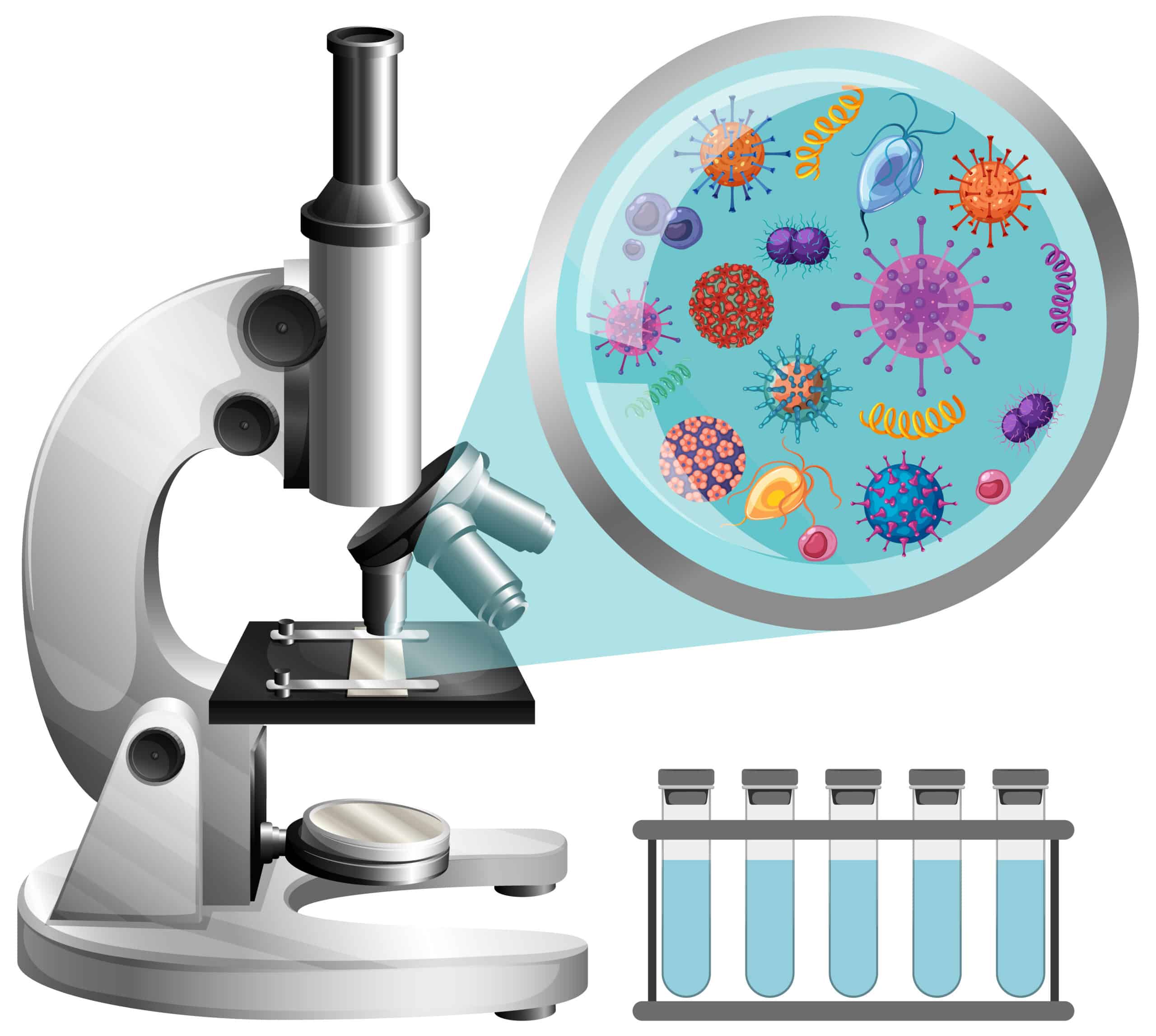Pathology
- Description
- Curriculum
- Reviews

Course Overview:
The Pathology course provides an in-depth understanding of the structural, biochemical, and functional changes that occur in cells, tissues, and organs during disease. It serves as a vital link between basic medical sciences and clinical practice, enabling students to interpret disease mechanisms and correlate them with clinical findings.
Through detailed lectures, case studies, histopathological images, and interactive assessments, this course builds a strong conceptual and diagnostic foundation in both General Pathology and Systemic Pathology.
Key Topics Covered:
General Pathology:
-
Cell Injury, Adaptation, and Death
-
Inflammation and Repair
-
Hemodynamic Disorders and Shock
-
Immunopathology and Autoimmune Diseases
-
Neoplasia and Tumor Biology
-
Genetic Disorders and Molecular Pathology
Systemic Pathology:
-
Diseases of the Cardiovascular System
-
Respiratory System Pathology
-
Gastrointestinal and Hepatobiliary Disorders
-
Renal and Urinary Tract Pathology
-
Endocrine System Pathology
-
Hematology: Anemias, Leukemias, and Lymphomas
-
Central Nervous System Pathology
-
Reproductive System and Breast Pathology
Learning Outcomes:
By the end of this course, students will be able to:
-
Understand cellular and tissue changes that occur in various diseases.
-
Classify and describe common pathological conditions across organ systems.
-
Correlate microscopic and gross pathology with clinical presentations.
-
Interpret basic histopathology and laboratory findings.
-
Apply pathological concepts to diagnosis and treatment planning.
Who Should Enroll:
-
MBBS, BDS, Nursing, and Paramedical Students
-
NEET PG, INICET, and TNPSC Medical Services Aspirants
-
Anyone interested in understanding the science of diseases
Course Features:
-
Topic-wise Video Lectures with Clinical Correlation
-
Microscopic Slides and Gross Pathology Images
-
Detailed Notes and Mnemonics for Quick Revision
-
Unit-wise MCQs and Case-Based Discussions
-
Certificate of Completion



